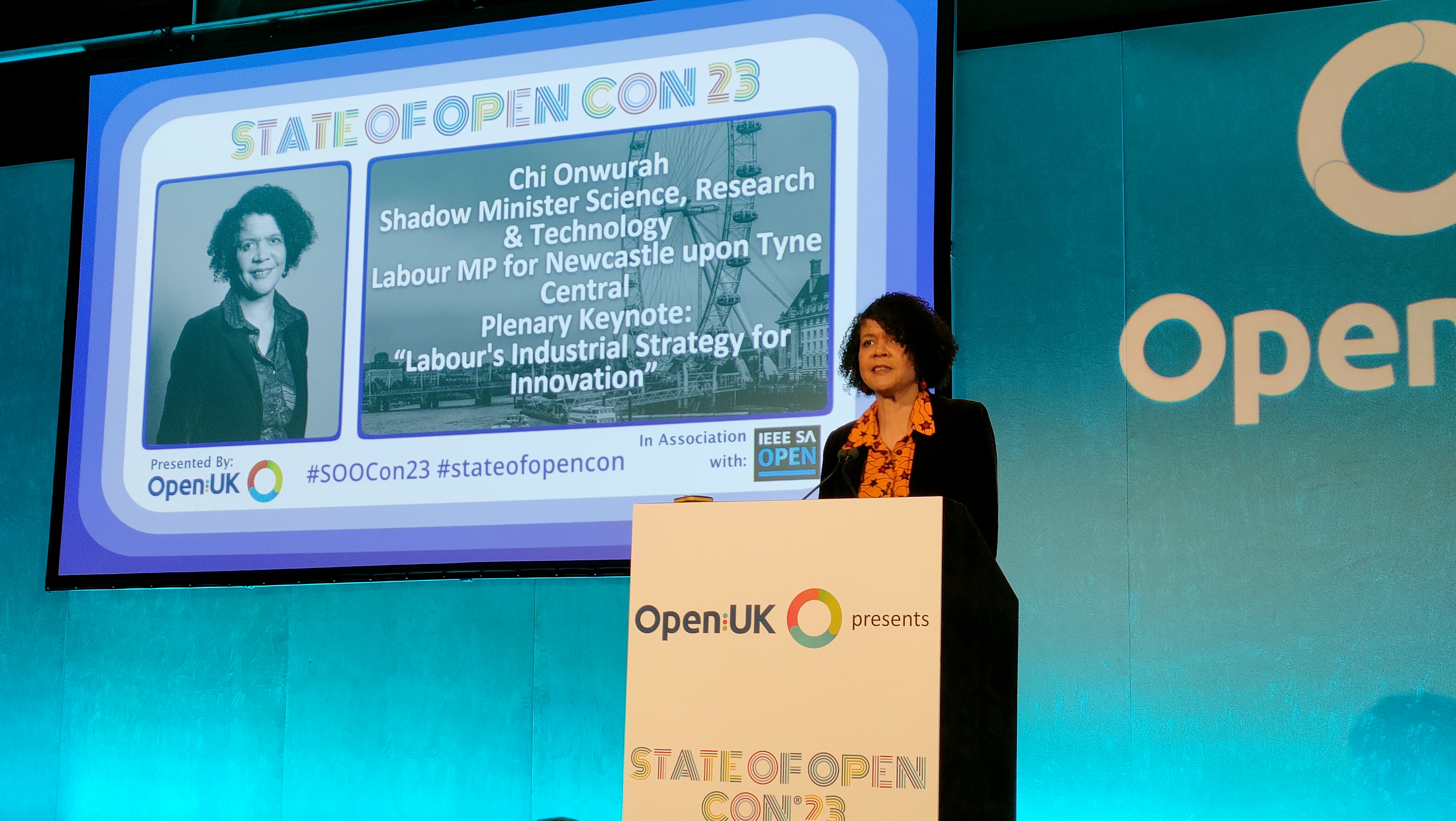Unlock your data
Inside the Enterprise: Regulations and compliance can put barriers between information, and the users who need to work with it.

Businesses in sectors such as health care, manufacturing and financial services are under increasing pressure both to keep information for longer, and to control who has access to it. Regulators, such as the Information Commissioner rightly want to make sure personal information does not fall into the wrong hands.
Businesses also have to comply with industry-specific regulations that control who can see documents, who can amend them, and even where in the world those documents can be viewed.
Once the data is imprisoned, anyone who needs to access it needs to apply for visiting rights.
This, some businesses are finding, is causing IT and compliance departments to put an ever wider range of documents under lock and key. Whilst this might ensure compliance, it can also make it hard for employees to access the information and data they need to do their jobs.
According to Rohit Ghai, general manager for the content and case management group at EMC, the result is that companies put their information in vaults. In effect, they "imprison their data," he says. And, once the data is imprisoned, anyone who needs to access it needs to apply for visiting rights. Hard-pressed IT departments, already dealing with ever-larger quantities of information, simply do not have the time and resources to control information access.
The answer, at least in part, lies in greater automation. As Ghai argues, using automated tools to index and classify information will become a necessity, if businesses are to keep on top of petabytes of sensitive information.
Automation will also be needed to apply access policies to that information, and to determine when those policies have been breached. But at the same time, IT departments need to respond to the needs of users who want to access company documents on the move, especially from personal devices such as tablets, or smart phones.
Get the ITPro daily newsletter
Sign up today and you will receive a free copy of our Future Focus 2025 report - the leading guidance on AI, cybersecurity and other IT challenges as per 700+ senior executives
At EMC's Momentum conference in Berlin, Ghai demonstrated a software prototype that will allow mobile workers to access documents from an iPad, but applies information access policies on the fly.
So, for example, if a user is permitted to view information that is restricted by the US' Department of Defense regulations, only when he or she is in the US, the document management application will allow that access from a US IP address. But if that same user travels outside North America, access will be blocked and the blocked access attempt logged for compliance reasons.
The attention to detail in the system is impressive: even thumbnail views of documents are suppressed, just in case sensitive information could be viewed that way.
Implementing such systems, though, is about more than investing in the software. Companies need to think about who should access their data, where, and under which circumstances. That includes from which type of device.
Automating policies - and compliance with them is well within the reach of technology. Deciding what those policies should be is not just an IT, but a board-level task.
-
 Should AI PCs be part of your next hardware refresh?
Should AI PCs be part of your next hardware refresh?AI PCs are fast becoming a business staple and a surefire way to future-proof your business
By Bobby Hellard
-
 Westcon-Comstor and Vectra AI launch brace of new channel initiatives
Westcon-Comstor and Vectra AI launch brace of new channel initiativesNews Westcon-Comstor and Vectra AI have announced the launch of two new channel growth initiatives focused on the managed security service provider (MSSP) space and AWS Marketplace.
By Daniel Todd
-
 UK financial services firms are scrambling to comply with DORA regulations
UK financial services firms are scrambling to comply with DORA regulationsNews Lack of prioritization and tight implementation schedules mean many aren’t compliant
By Emma Woollacott
-
 What the US-China chip war means for the tech industry
What the US-China chip war means for the tech industryIn-depth With China and the West at loggerheads over semiconductors, how will this conflict reshape the tech supply chain?
By James O'Malley
-
 Former TSB CIO fined £81,000 for botched IT migration
Former TSB CIO fined £81,000 for botched IT migrationNews It’s the first penalty imposed on an individual involved in the infamous migration project
By Ross Kelly
-
 Microsoft, AWS face CMA probe amid competition concerns
Microsoft, AWS face CMA probe amid competition concernsNews UK businesses could face higher fees and limited options due to hyperscaler dominance of the cloud market
By Ross Kelly
-
 Online Safety Bill: Why is Ofcom being thrown under the bus?
Online Safety Bill: Why is Ofcom being thrown under the bus?Opinion The UK government has handed Ofcom an impossible mission, with the thinly spread regulator being set up to fail
By Barry Collins
-
 Can regulation shape cryptocurrencies into useful business assets?
Can regulation shape cryptocurrencies into useful business assets?In-depth Although the likes of Bitcoin may never stabilise, legitimising the crypto market could, in turn, pave the way for more widespread blockchain adoption
By Elliot Mulley-Goodbarne
-
 UK gov urged to ease "tremendous" and 'unfair' costs placed on mobile network operators
UK gov urged to ease "tremendous" and 'unfair' costs placed on mobile network operatorsNews Annual licence fees, Huawei removal costs, and social media network usage were all highlighted as detrimental to telco success
By Rory Bathgate
-
 Labour plans overhaul of government's 'anti-innovation' approach to tech regulation
Labour plans overhaul of government's 'anti-innovation' approach to tech regulationNews Labour's shadow innovation minister blasts successive governments' "wholly inadequate" and "wrong-headed" approach to regulation
By Keumars Afifi-Sabet